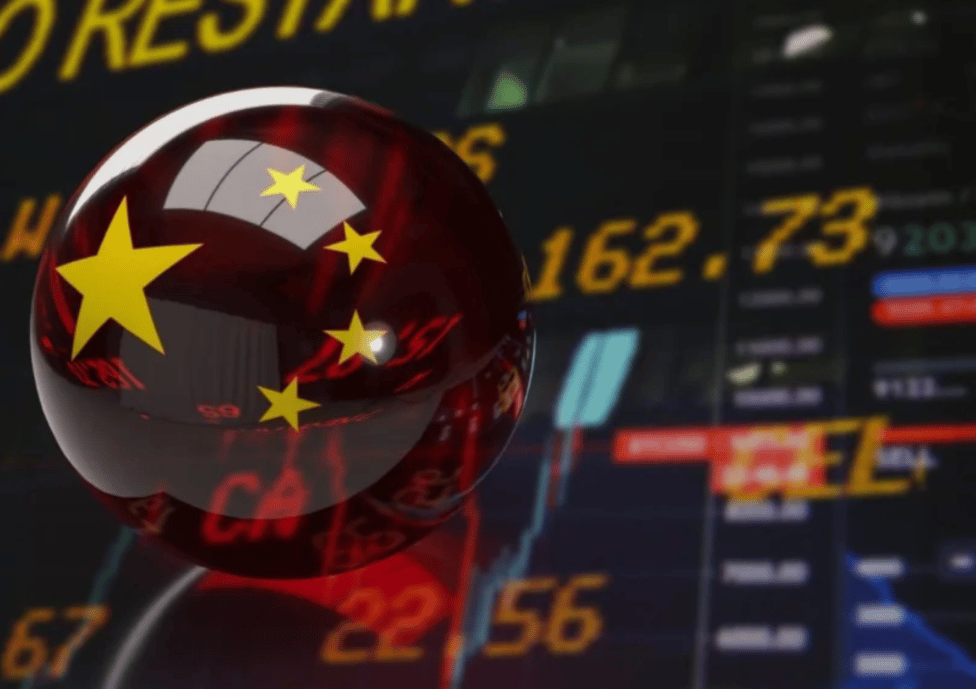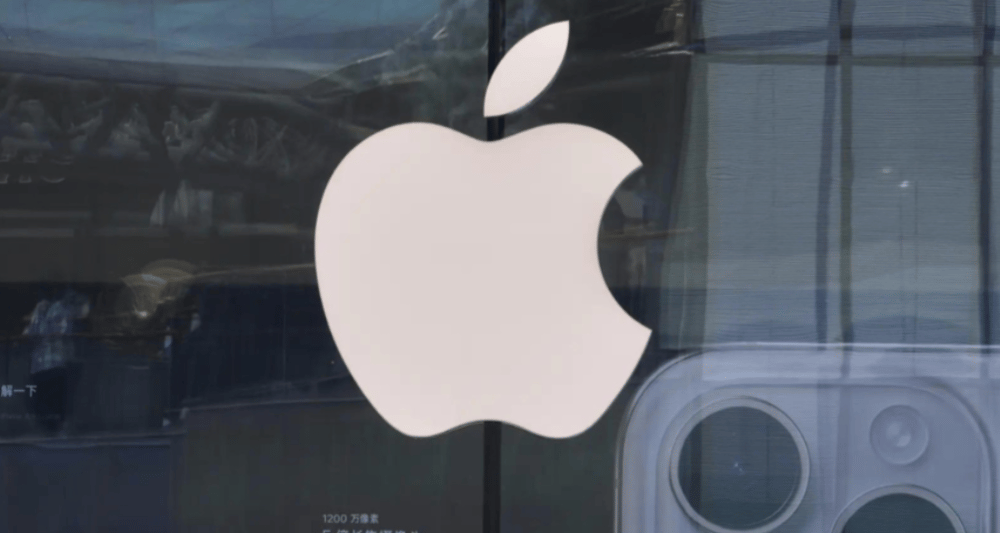Chinese-listed Apple $AAPL suppliers saw a dip in their stock prices on Monday after former U.S. President Donald Trump suggested a potential 25% tariff on iPhones not manufactured within the United States. The statement, made on Friday, signaled a renewed escalation in protectionist trade rhetoric and stoked fears of an intensified U.S.–China tech decoupling.
Trump’s comments explicitly targeted Apple's global production network, hinting at a policy shift aimed at forcing the tech giant to repatriate a greater share of its manufacturing base. The impact was immediate in the equity markets, where key Chinese electronics manufacturers—heavily integrated into Apple’s supply chain—registered notable declines.
Market Sensitivity to iPhone Tariff Risks and Supply Chain Concentration
The market reaction reflects both operational exposure and geopolitical fragility. Trump’s remarks come as part of a broader strategy to pressure U.S. companies to onshore jobs and reduce dependence on Chinese manufacturing. Apple, which assembles a majority of its iPhones and peripheral devices in China, would be directly affected by such a policy.
Companies like Luxshare Precision Industry $002475.SZ, Lens Technology $300433.SZ, and Goertek Inc. $002241.SZ are among the most vulnerable. Each plays a critical role in assembling iPhones or supplying key components like AirPods and smartphone displays. Although Apple has taken steps to diversify production—investing in India and Vietnam—its Chinese partnerships remain foundational to its current output levels.
While tariffs are not yet official policy, the threat alone injects volatility into an already tense U.S.–China tech relationship. Investors are also factoring in the likelihood of these measures gaining traction in an election year, especially as domestic manufacturing becomes a recurring theme in Trump’s campaign rhetoric.
Key Facts
Trigger Event: Trump threatens 25% tariff on iPhones not produced in the U.S.
Target: Apple and its offshore production strategy.
Affected Stocks:
Luxshare: –2.2%
Lens Technology: –1.8%
Goertek: –1.1%
Policy Context: Trade nationalism and reshoring agendas.
Production Reality: Apple remains heavily reliant on Chinese supply chain partners.
Market Reaction and Strategic Implications for Apple and Its Suppliers
Equity markets responded with cautious pessimism. While the percentage losses among Chinese tech stocks were moderate, the broader message is that political risk continues to weigh on companies entangled in the U.S.–China supply chain axis.
From an investor standpoint, these developments resurface long-standing concerns about Apple's vulnerability to geopolitical shocks. As seen during the 2018–2019 trade war, mere speculation around tariffs can disrupt share prices and delay supply chain decisions.
Meanwhile, suppliers like Luxshare and Goertek face increased scrutiny. Although they have pursued diversification, their client concentration around Apple exposes them to idiosyncratic risks tied to a single Western corporate partner.
In strategic terms, this episode underscores the need for Apple to accelerate diversification efforts while maintaining quality and scale. Simultaneously, Chinese firms may need to expand their client base and reduce reliance on U.S.-linked revenues if tensions persist or escalate.
Strategic Takeaways
Political Volatility: Trade threats continue to be leveraged as tools of industrial policy.
Geographic Concentration Risk: Apple's dependence on Chinese assembly lines remains a structural vulnerability.
Equity Sensitivity: Even non-binding statements from political figures can trigger sector-specific selloffs.
Election-Year Catalyst: Rhetoric may harden as domestic job creation becomes a campaign focal point.
Supplier Dilemma: Chinese tech firms face dual challenges—geopolitical exposure and customer concentration risk.
Technology Supply Chains at the Crossroads of Policy and Profitability
Trump’s threat to impose tariffs on foreign-assembled iPhones has rekindled concerns over the durability of global supply chains in the face of nationalist economic agendas. While not yet legislated, such statements hold real financial weight, influencing investor sentiment and corporate strategy.
Apple’s dependence on Chinese production facilities places it at the center of this geopolitical tug-of-war. The reaction of its key suppliers—reflected in market losses—highlights the systemic exposure of the broader consumer tech ecosystem to trade policy shifts. As 2024’s political landscape evolves, tech multinationals and their manufacturing partners must remain agile amid increasing regulatory and political headwinds.








It reflects a broader shift toward innovation-driven investment strategies